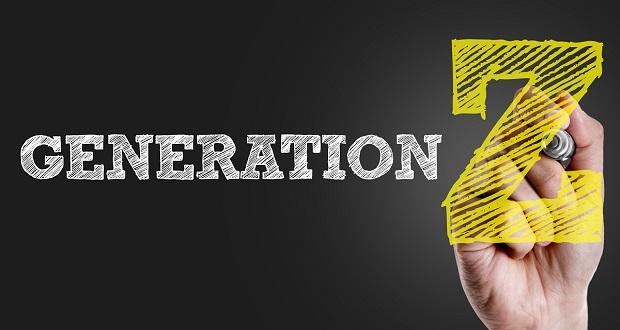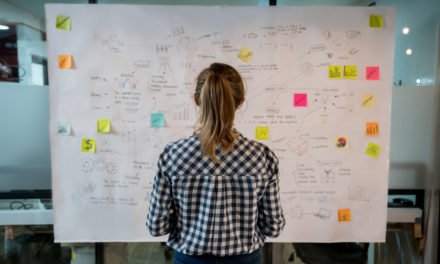It has been said that today’s workforce is the first that has had to adjust to having all five generations working together side by side. The focus of these conversations has often been around Millennials (also known as Gen Y). In 2016, Pew Research found that Millennials had recently become the largest population cohort, surpassing the Baby Boomer generation.
With this shift in demographics came a need for employers to better understand the Millennial generation, including understanding their perspectives, communication styles, and unique ways of approaching work. As a result, over the last decade, there has been a surge in research related to Millennials. In their landmark study, Millennials at Work: Reshaping the Workplace, PwC emphasized several factors that set Millennials apart from previous generations, namely, their early and frequent access to technology, expectations regarding organizational hierarchy, and preferences for receiving feedback.
In response, many organizations have tried to adapt to the needs of a changing generational workforce. This has resulted in new approaches to work-life integration and balance, workplace flexibility, performance management, hiring, and learning and development. And while there is no-one size fits all approach, changing workforce demographics necessitate a new look at how work is performed.
Now a new generation – most commonly known as Gen Z – is on the horizon. Following the Millennial generation, Gen Z will bring their own host of perspectives, experiences, and viewpoints to the workplace as they begin to enter the labor force for the first time.
Born in the mid-1990s or later, Gen Z employees are typically in their early twenties, making them the youngest generational cohort in the workforce. Like the generation before them, Gen Z will also be increasingly diverse as population demographics continue to shift.
While it may be perhaps too early to share the impact of Gen Z on the workplace, many are already curious about just how different this new generation is from previous generations. In their new book, Gen Z at Work: How the Next Generation is Transforming the Workplace (2017), Stillman & Stillman shares that Gen Z is even more technologically adept than their Millennial counterparts, having grown up as true “digital natives”. In addition, Gen Z is concerned about their own personal brand, philanthropy, and have been described as multi-tasking entrepreneurs. One thing is for certain: Gen Z is here, and they are here to stay.
It is time that organizations consider not only the unique perspectives and needs of Gen Z, but also time to reevaluate the inclusiveness of their workplace as a whole. If there is one thing that I have learned in my time as a diversity & inclusion practitioner, it is that one size does not fit all. Although various organizational and academic studies have examined the impact of generation on organizational behavior, we must always remember that individuals are unique.
Generations have each been shaped by a myriad of political, socioeconomic, and cultural institutions, and each of these has informed their collective viewpoint and approach to the world. We shouldn’t however, assume that everyone from the same generation is exactly the same, and that individuals will have the same values and needs, particularly when it comes to the workplace.
My entrance to the workforce as a Millennial was not too long ago, having started my career two weeks after my college graduation. Like Gen Z, I entered the workforce with four other generations and had to quickly learn the lay of the land and adapt to new relationships, responsibilities, and expectations. My transition was made much easier through the support of a variety of mentors, both formal and informal, and both within and outside my organization. The key to these relationships? We all took the time to listen and learn from one another, despite who was the most “experienced” on paper.
One of the greatest skills we can take in our diversity and inclusion toolbox is the skill of listening. While that may seem like a given, and a natural ability, in many cases, it is not always easy, especially when we come to the table with our own biases on what a “Gen Y”, “Gen Z”, or even “Baby Boomer” is supposed to look, act, or even sound like.
As a Millennial, there have been many times where colleagues or even peers assumed they knew my story just by knowing my age, leading to some interesting conversations in which I learned more about myself as well as my coworkers.
By recognizing that our generational experiences bring value, but not limiting ourselves to putting others in a box solely defined by their generation, we can begin to have more inclusive, adaptive conversations in the workplace that shift from seeing individuals as “the other” and focusing instead on, “What do we need to learn about each other to more effectively collaborate and learn?”
So, are you ready for Gen Z?



















